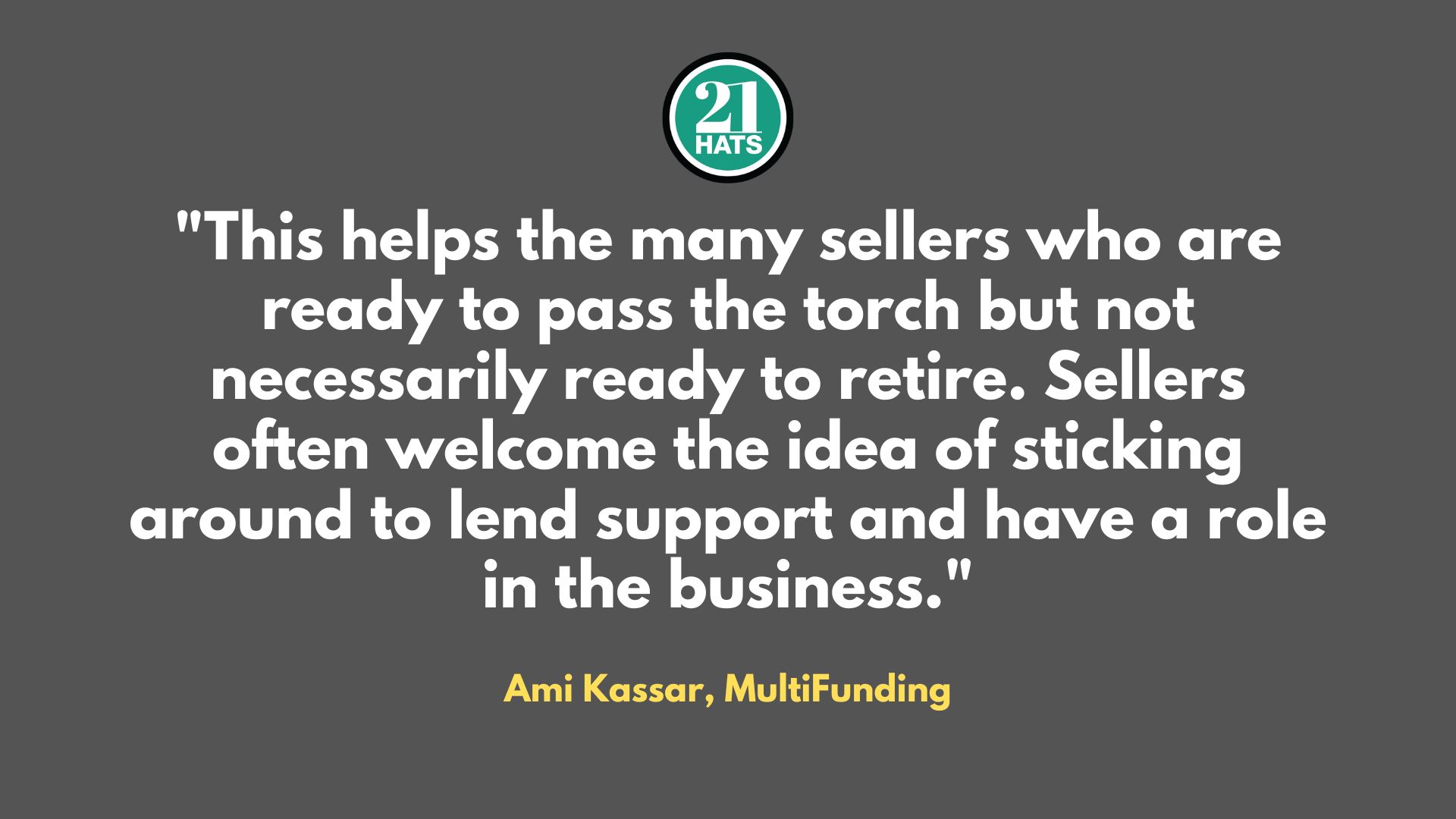The SBA Has Made It Much Easier to Buy a Business

The biggest change is that you can now get an SBA loan to buy any percentage of a company’s stock. The price must be based on a valuation performed by an SBA-certified appraiser.
By Ami Kassar
As part of the massive changes in Small Business Administration rules over the last few months, banks and authorized lenders can now finance somebody buying an interest in a business. This is a dramatic change. Previously, you could use an SBA loan to buy a business only if you were buying 100 percent of the business. Also, the selling owner could remain with the company as a consultant for just one year. In the new rules, a seller can retain equity and have an ongoing long-term relationship with the company.
As always, the devil is in the details. The changes can be complicated, and it’s essential to understand how the loans work. Also, so far, only a few SBA banks and lenders are experimenting with these loans. As lenders become more comfortable with the changes, more are likely to join.
The biggest change is that you can now get an SBA loan to buy any percentage of a company’s stock. The price must be based on a valuation performed by an SBA-certified appraiser. For example, if a business is valued at $1 million, and you have an agreement to buy 30 percent of the business, you could be eligible for a $300,000 loan. Here’s another important detail: The loan must be guaranteed both by the business and by the individual buying the shares. Plus, if any remaining owners own 20 percent or more of the company after the transaction, they too must guarantee the loan.
The buyer can even finance 100 percent of the purchase if the business has a debt-to-worth ratio no greater than nine to one for the most recently completed fiscal year and the most recently completed quarter before the change of ownership. The debt-to-worth-ratio determines how much of a company’s assets are financed by debt. If the total debt of the business divided by the total equity of the business exceeds the nine-to-one ratio, the buyer must produce 10 percent of the purchase price in cash.
Some Real Life Examples
We have a client who is already taking advantage of the new SBA rules to purchase 80 percent of an industry-leading consulting firm. There are currently five shareholders in the business, all of whom would like to remain—with the exception of the primary shareholder, who owns 80 percent. The borrower has some relevant experience but on a much smaller scale. The deal only makes sense because of the partial-buyout terms and because the other partners are staying with the business. If the buyer had to buy 100 percent of the business, he would not be strong enough financially or experienced enough in the industry to operate the business on his own. This deal can only work thanks to the new rules.
We are working on several other transactions where relatable experience and licensing would likely be an insurmountable obstacle to a 100-percent transaction. This is especially true for the many folks looking to purchase specialty services businesses—HVAC, plumbing, electrical, for example—despite not having relevant work experience or licensing. In the past, these deals would have had little chance of succeeding unless a buyer could partner with a key employee or someone outside of the organization. This was difficult and a practice many banks were reluctant to accept. Now, with partial buyouts, the ability to leverage the existing owner’s ongoing involvement and to keep the license in place, these deals are much easier to finance.
In addition, this helps the many sellers who are ready to pass the torch but not necessarily ready to retire. Sellers often welcome the idea of sticking around to lend support and have a role in the business even if they’re no longer in charge. The partial buyout opens the door for this scenario. Given all of the benefits, I expect many more SBA lenders to get comfortable making these loans.
Ami Kassar is CEO of MultiFunding.